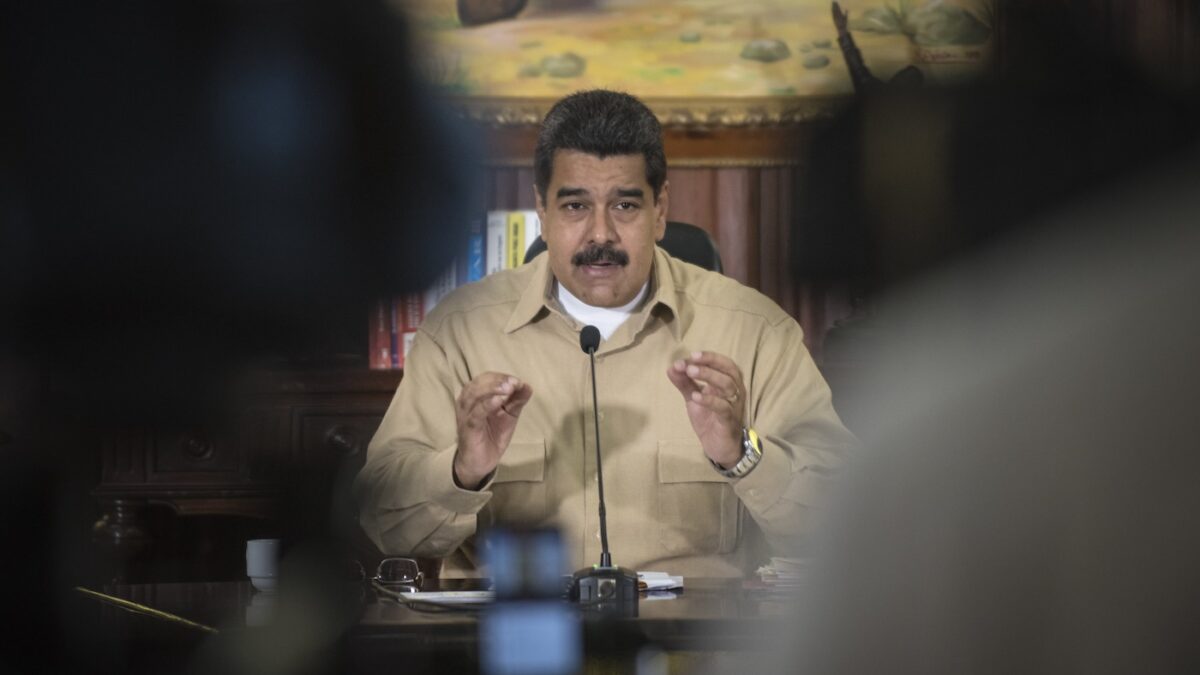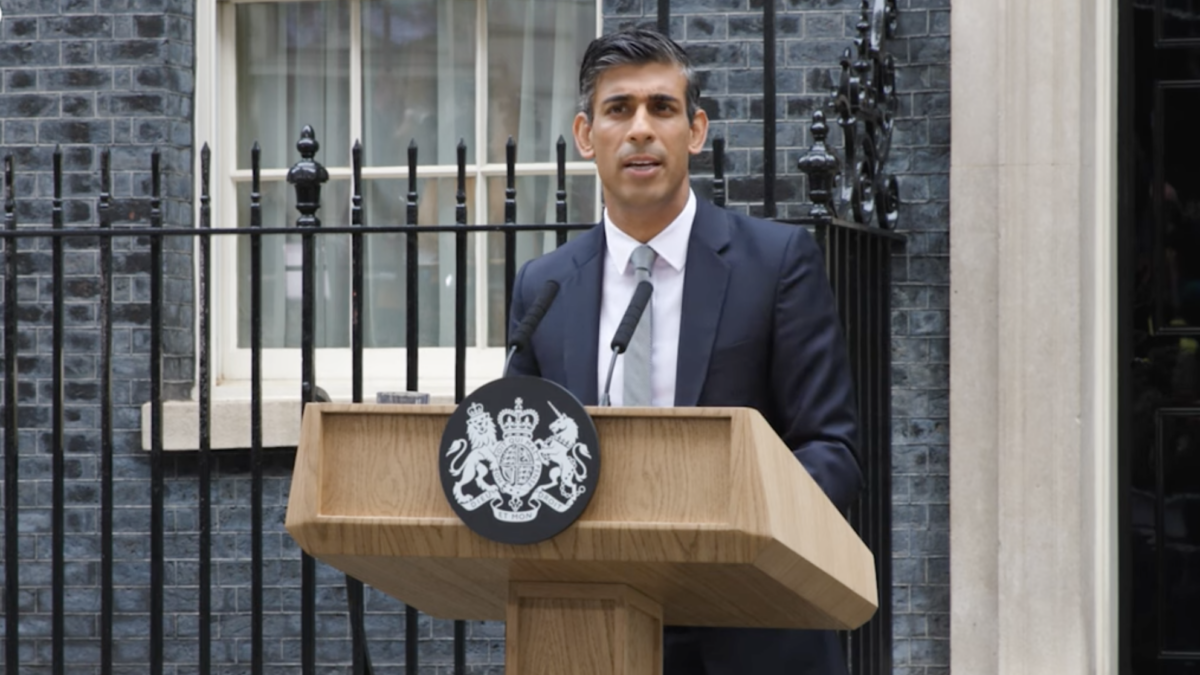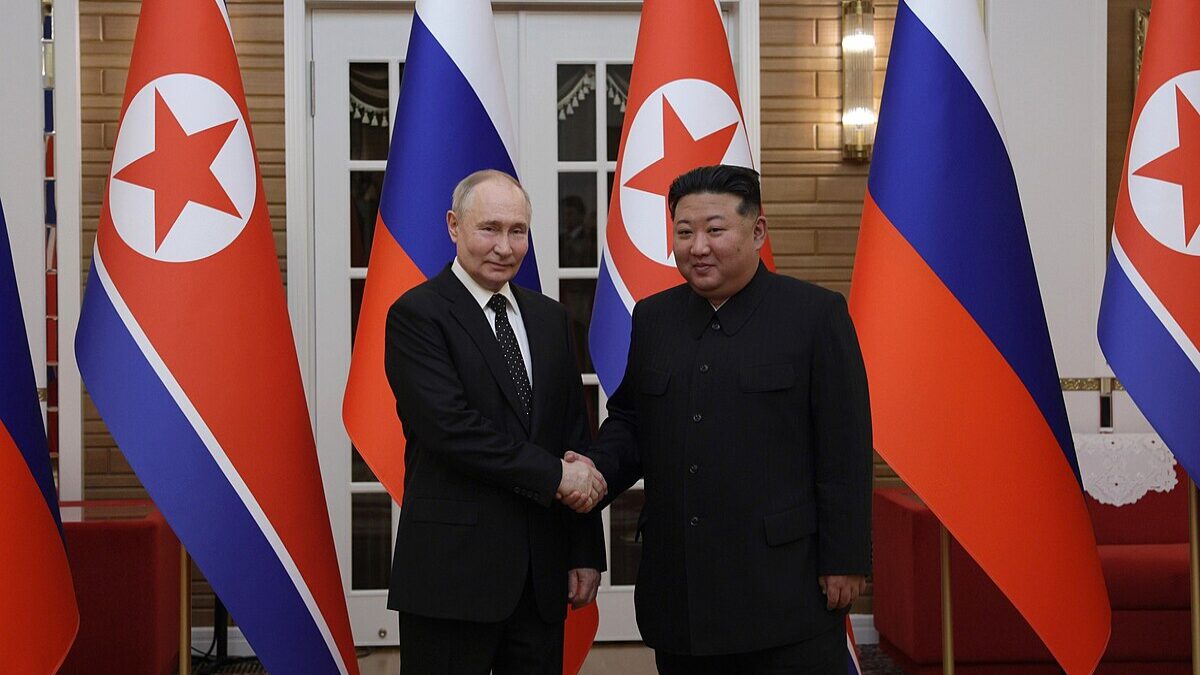
Among the avalanche of new policies and executive orders to emerge from the White House is one pledging to cut voluntary contributions to United Nations agencies by 40 percent. Those involved in global public health programs, such as HIV/AIDS and malaria control, are understandably concerned. Should they be? The Trump cuts could actually force the UN’s lead health agency, the World Health Organization (WHO), to prioritize and focus on its core functions.
In 2016, the United States provided approximately $750 million for the WHO, with almost 80 percent directed towards polio eradication, outbreak and crisis response, HIV and hepatitis, vaccine-preventable diseases, tuberculosis, and emergency health preparedness. With the world close to eradicating polio, a cut of 40 percent in the budget could potentially harm these programs.
WHO Wastes a Good Deal of Money on Politics
However, besides WHO’s important and much-needed work in tackling preventable, communicable diseases, it also devotes millions of dollars to areas of personal choice, such as diet, as well as controversial issues, such as intellectual property rights. The WHO has published guidelines on salt and sugar consumption for adults and children. Recently, it has walked back its recommendation that countries should impose taxes on sugary drinks to tackle obesity, type 2 diabetes, and tooth decay. It is also involved in tobacco-free smoking, providing guidance on how to regulate electronic cigarettes.
One might well ask why a global health agency is so obsessed with regulating personal choice. While the WHO does immense good in controlling infectious diseases, its global nannies always seem to have to be railing against some antagonist, such as global food companies, to protect individuals who are supposedly powerless against corporations and unable to make adult choices.
The WHO and other UN agencies have been highly effective in railing against private drug companies that rely on drug patents to recoup costs and earn money from their medical discoveries. The UN High-Level Panel on Access to Medicines (UNHLP), a recent example, is merely the latest iteration of the decades-long campaign to skew the debate as the UN continues to presume patents are a major barrier to access to medicines and, therefore, a major obstacle to health and development.
The High-Level Panel overlooked the fact that 95 percent of the WHO’s essential medicines list — the medicines that experts consider most important to improving global health for the world’s poorest — are already off-patent. Most of the remaining 5 percent of medicines with patent protection are for HIV/AIDS treatment, for which the patent owners either do not register or enforce their patents in the poorest countries.
Where is the wisdom in spending vast sums of money to convene yet another international panel to discuss access to drugs, when those funds could, more productively, be put towards actually providing drugs to those so desperately in need?
Support a Shift to Sustainable Funding
Were the Trump administration successful in cutting 40 percent of its voluntary contributions to the WHO, perhaps the global agency would be forced to pare back its work on lifestyle issues and drug patents. Instead of battling global private companies, such as food and drug producers, the WHO could shift its focus back to the real enemy: pathogens that cause needless death and suffering around the globe.
The Trump UN cuts might also indirectly benefit developing countries that receive donor aid from the US. government. Government-to-government aid encourages the recipient government to rely on a handout from a rich country. Rather than do the hard work of raising revenue from local taxpayers, which requires a growing economy and tax base, they postpone much-needed economic reform. It is not surprising that the recent massive decrease in global poverty has occurred in countries that enacted economic reforms, such as India and China, rather than those that continue to rely on global aid transfers.
Who knows: Trump’s actions might spur non-governmental (NGO) aid from citizens within the United States, home to the world’s most generous philanthropists. Private aid to and investment in designated developing countries could be enhanced if rich-country governments allowed tax breaks to corporate and individual taxpayers for investments and philanthropy.
Donor nations could leverage earmarked aid funds more efficiently merely by changing the method of delivery. Poverty relief, if made by private organizations and individuals, would be real, identifiable, and quantifiable. Investments in recipient countries and donations to deserving causes would go directly to areas where they would make the most difference in providing jobs and relieving poverty. Bureaucrats would not absorb a large percentage of the funds in administration costs.
UN bureaucrats and their allies in the NGO sector will no doubt complain about Trump’s proposal. But if they really want to help the world’s sick and poor, they should welcome the cuts. If spending on the UN is cut and tied to high-priority programs, it will compel the WHO and other agencies to do what they do best, stop interfering in the choices adults make, and let the private sector thrive.









